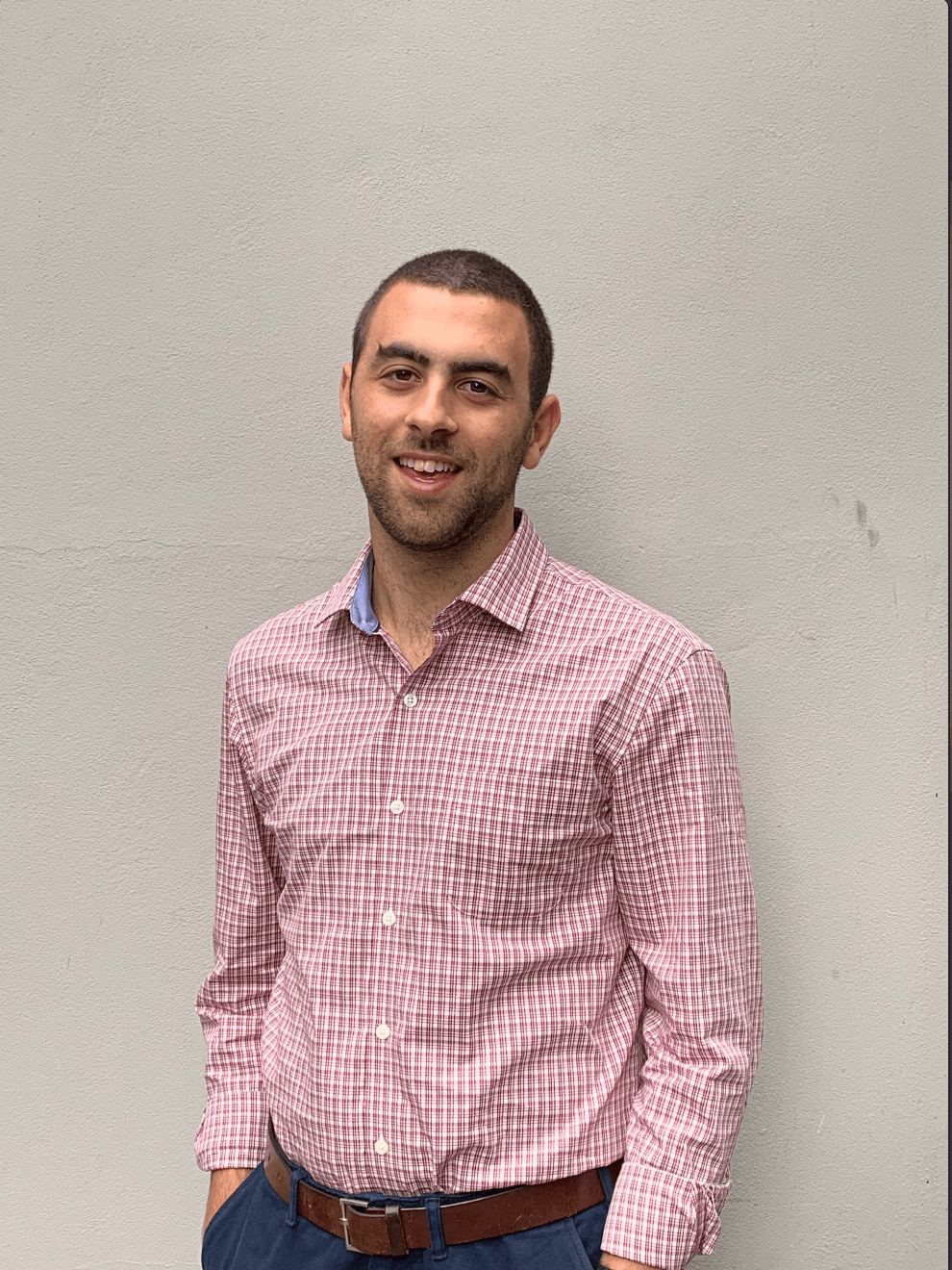Andy Du Pont is an Investment Analyst at Australian Impact Investments (Aii).
What was your first job?
My first job was actually working as a ‘groundskeeper’ at the local Putt-Putt golf course – it wasn’t particularly difficult, seeing as the entire course was made out of synthetic grass.
When did you know you wanted to work in finance/business?
My part-time uni job as the Community Manager at the Impact Investment Summit provided me with an invaluable opportunity to meet an array of industry leaders, for-purpose organisations and those interested in using finance as a force for positive social and environmental improvement.
Learning about the unique work of those in the industry drew me towards wanting to work in finance/business.
I am quickly realising that you don’t need to strictly have a finance or business background to get into the industry, with areas of expertise in policy, sustainability, social science and strategy being highly sought after to ensure that investments are grounded in well conceptualised impact strategies that can be executed and where outcomes can be measured and reported on.
When did you first discover the concept of Impact Investing?
I discovered the concept in a slightly peculiar way. A friend of mine asked me to fill in for their shift as a bar hand at a function. I was working the room, pouring drinks and reading all the name tags people were wearing, when I came across a particularly interesting one that read James Pearson, Head of Impact and Responsible Investment, QBE.
Having no idea what the term meant but intrigued to learn more, I introduced myself to James and asked him what his title meant and what sort of work he did. He was very generous with his time, introduced me to various new ideas around impact and responsible investing and even connected me with Alex and Rob at the Impact Investment Summit, where I ended up working for three years while I was studying!
What’s one exciting development you and your team have in the pipeline?
Our team at Aii have been increasingly coming across various funds and opportunities focused on investing in natural capital, which can broadly be defined as the earth’s stocks of natural resources such as soil, air, water and geology.
Natural capital investments can be contentious and need to be thought about carefully to ensure the environment’s conservation is achieved. On a high level, the current debate concerns two main schools of thought – on one end, that framing nature in economic terms will highlight ways we can fix the current environmental degradation and on the other end, that monetising nature as an asset doesn’t allow for its intrinsic value to be ascertained, which is what has led to it being overlooked and undervalued to date.
Given the current tailwinds in light of the Chubb Review on Australian Carbon Credit Units and the increased presence of regenerative agriculture opportunities, we are excited to continue to learn and share our insights over 2023.
What was the most interesting impact deal (from any team across Asia/Pacific) in the past 12 months?
For me it would probably have to be Ngutu College (pronounced ‘noo-dooh’), which is an independent not-for-profit school in South Australia that aims to integrate Indigenous knowledge and the Arts into a formal curriculum. In 2021, Aii brought together a syndicate of impact investors to provide a $1.3m loan to Ngutu College to fund the opening of the school.
From an impact perspective, the school seeks to improve education and cultural outcomes for up to 172 students by 2025, aiming for approximately 50% of its student population to identify as Indigenous. Since its inception in 2021, the school has provided culturally informed education to 164 children, 35% of whom are Indigenous, which is exceeding expectations.
The lending syndicate has been a small but important component in helping Ngutu bring its vision of culturally informed education for South Australian children to life.
Name one high impact company (globally) that investors should keep their eye on?
Green Li-ion, is a start-up that is developing technology that fully rejuvenates lithium-ion batteries. Given lithium-ions increasing prevalence in society through the uptake of electric vehicles, energy storage options and consumer devices, the ability to recycle and reuse them has the potential to reduce adverse environmental effects associated with their disposal whilst also helping to minimise the over-extraction of resources required to produce them.
What’s your vision for impact investing in 5 years time?
Given the recent commentary surrounding the conversations between the Albanese Government and major banks, I hope to see the establishment of the social impact investment ‘wholesaler” within five years (hopefully sooner!). This would really help bolster the industry’s momentum in Australia by providing seed capital to new impact funds, bringing additional tools and expertise to the structuring of products and promoting a greater focus on the authenticity of impact with specific emphasis on achieving intended impact outcomes.
An increase in high quality impact funds will ultimately lead to an increased flow of capital driving positive environmental and social impacts leading to a better and sustainable tomorrow.
In light of ASIC’s recent momentum in cracking down on the misrepresentation of financial products and investment strategies marketed as environmentally friendly, sustainable or ethical, I hope that organisations will start to provide more accurate disclosures and increase their transparency surrounding the attainment of stated impact metrics/targets.

